A Grieving Family, A Cryogenically Frozen Toddler and a Death, Postponed— ‘Hope Frozen’, dir. Pailin Wedel, 2018
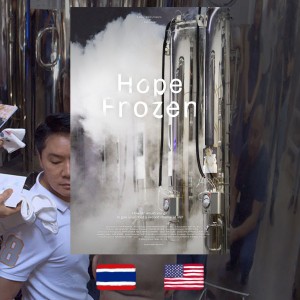
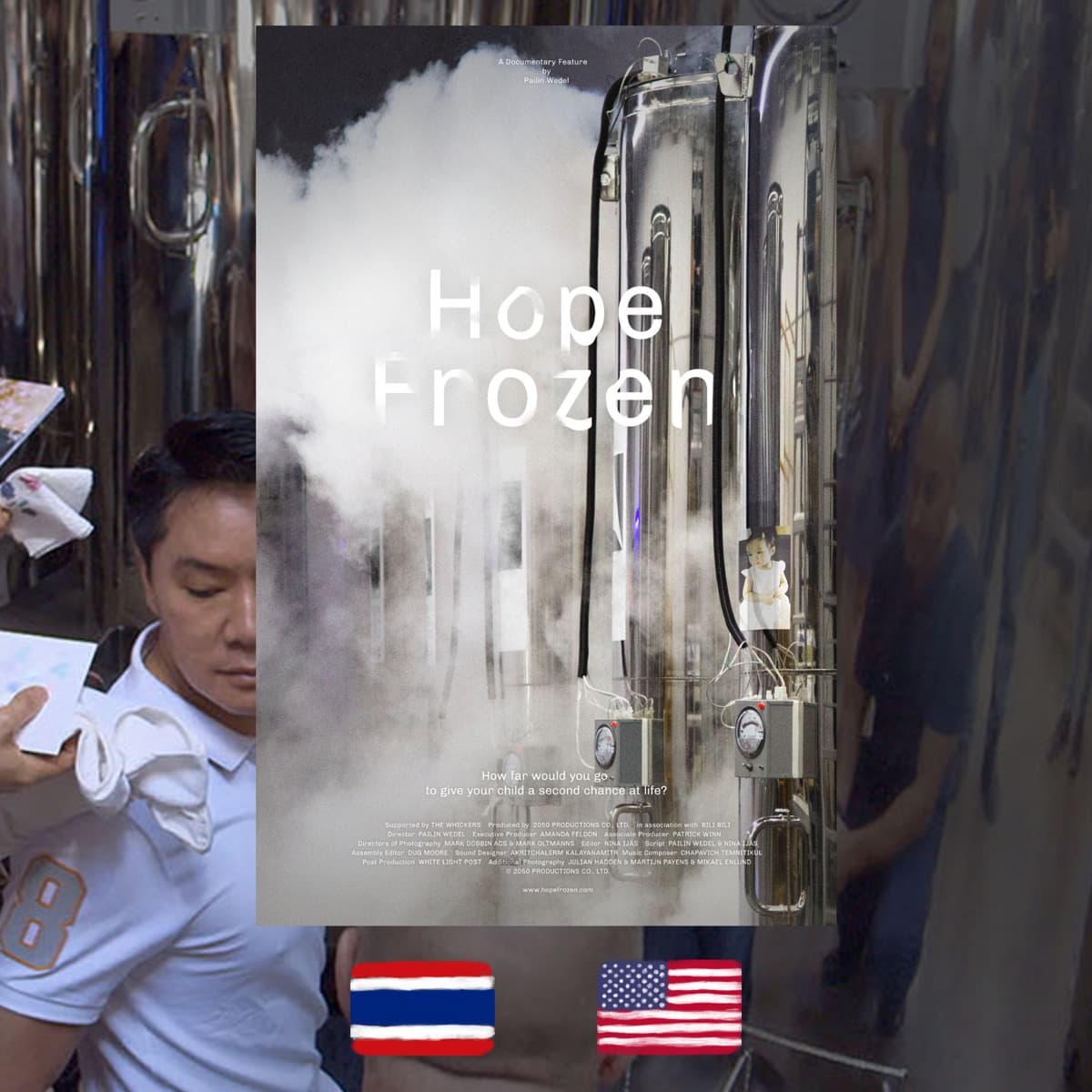

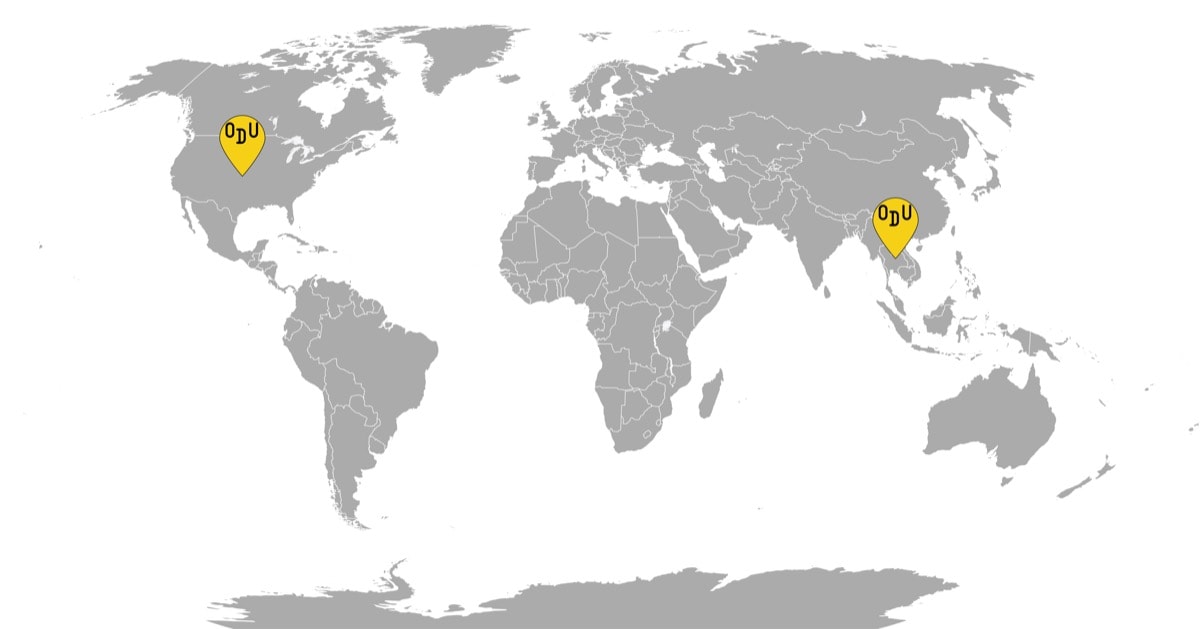
FROM THAILAND and UNITED STATES
WHAT IT’S ABOUT: When Matheryn Naovaratpong, a Thai toddler nicknamed Einz, was pronounced legally dead just before her third birthday after a prolonged battle with ependymoblastoma, her father refused to yield. A laser scientist obsessed with technological and scientific breakthroughs, Sahatorn Naovaratpong had been on a mission to find a cure for the cancer while his daughter’s body was still vital. Now his choice, firmly supported by his wife Nareerat, also a scientist, and whiz kid son Matrix, is to preserve Einz’s body using cryogenics. Once the technology has advanced enough to get rid of Einz’s illness, her body will be revived and cured, and she will be able to finally live a life. But in Thailand’s Buddhist society, the Naovaratpong’s choices are not universally welcomed by all, and the family has to grapple with their religion, scientific faith, and various ethical concerns that come with the decision to make Einz the youngest ever person to be cryogenically preserved.
WHO MADE IT: Pailin Wedel is a Bangkok-based self-described visual storyteller. Of Thai and American ancestry, she has been making reportage documentaries for numerous outlets, including Al Jazeera and Nat Geo, as well as worked as a producer for Associated Press. “Hope Frozen†is Wedel’s first foray into feature-length filmmaking.
The film features the whole Naovaratpong clan, including extended family and the three junior children born after Einz’s passing.
Alcor Life Extension Foundation, which is responsible for the preservation of Einz’s body, is an American NGO specializing in cryonics. As of late 2019, they had 172 corpses preserved in their facility in Arizona, including that of Einz and baseball star Ted Williams.
Robert McIntyre, an award-winning scientist who had been able to preserve and then successfully unfreeze a rabbit’s brain, is also featured in the film. His current company Nectome is working on preserving memories when the brain is resuscitated after a dry-freeze.
WHY DO WE CARE: While there seems to be a universal agreement on the value of all human life, as we can see in the film, the avenues of exploration left to those recovering from loss vary massively by economic background. Although the physical manifestations are quite similar—rites of passage and memorial rituals, whether they’re conducted by the empty cradle or by a nitrogen-filled tank preserving the body—the mere promise of the person’s reboot is limited to those who can pay a hefty fee. And that could be assessed as a payment for the luxury of comfort; however, it’s not exactly clear how much hope and comfort the situation offers.
Scientifically, it is impossible to know whether any of the efforts made by cryonics will ever pay off. And the film goes into some of these considerations when towards the end of the film, Matrix gets to talk to Robert McIntyre and learns that while the physical arousal of the freeze-dried brain is possible, the preservation of memories is altogether different, as of yet unresolved issue. Although Einz passed away at a young age, before being able to accumulate much knowledge or even cognizance of her family, the idea of her being resuscitated in the future without the remnants of her identity and self adds nuance to Matrix’s perspective, as he worriedly tells his family.
The film doesn’t go into these considerations deep enough, probably not wanting to burden the family with challenges to their position. After all, they had already borne the brunt of the Thai press sensationalizing the story as well as the Buddhist community claiming the girl’s soul was being trapped. However, in the viewer’s mind, such questions arise, and they are plentiful. Will Einz, once resurrected, be alone, or reunited with the family? Is everyone getting cryo? What are the chances of Einz being a completely different human than she could have been if her memory is wiped? And if everything goes according to plan, will a teenager who grows up in the era of technological advancements be able to find common ground with her elderly parents from a couple of centuries ago while also not feeling excluded from her reality? These are all interesting questions to consider, but, perhaps, better left explored in sci-fi work, torn away from the complicated situation of an existing family, which already has enough on their plate to grapple with.
WHY YOU NEED TO WATCH: “Hope Frozen†is a thought-provoking exploration of technology-obsessed people redefining the concepts of human life and family. For some, it might seem like a unique look at a loss within one family determined to find solace and a primer of some of the world’s scientific frontiers. For others, it may be easily written off as a manifestation of individualism akin to the worship of singularity or a pursuit that eschews the communitarian needs of the society that require that some people die. Either way, it is impossible to look at the film without marveling how medicine, science, and the afterlife have become entwined with capital. While affordable healthcare varies on a country-by-country basis, dying and getting interred seems to be a costly affair virtually everywhere. Yet, innovative alternatives are introduced, even more uncertain and expensive, making the business of death a formidable financial contender and drawing parallels to the lucrative underside of organized religion.
The emphasis on what can come after the lights go out leads to a weird ethical split. Are we abstaining from putting much emphasis on the current events of human life, with systems of grave negligence widespread and dangerous, because we’re piling all the hopes on the afterlife, whether it’s a religious concept or something to be solved by the scientific community? And will relinquishing responsibility in the hopes for a do-over become a sort of contemporary indulgence?
And yet, the family at the center of “Hope Frozen†is sympathetic, and their preoccupation with science and its effects on life—and death—seems genuine, and secondary to authentic human connection, unlike what you see in the examples of Elon Musk. The way they unite together, whether it’s to prepare for Einz’s departure or to visit her body in the industrial constraints of the cryogenics facility, is tender and heartwrenching.
And even if the Naovaratpong’s quest against the current state of knowledge and technology might not seem a journey worth taking to the viewer, their reasoning, rooted in the inability to accept the loss, is human, flawed, and very relatable. A documentary that offers insight into a fascinating issue while also staying very respectful to its subjects, “Hope Frozen†is an honest portrait of a 21st-century family: incredibly smart parents, an adorable teenager who oozes promise, younger siblings who were born after the tragedy, and the middle daughter concealed in a cryo tank. And while numerous articles on the Naovaratpongs and their decision have been written, it’s Wedel’s warm, affecting film that will be of interest in posterity. Will someone watch it, centuries onwards? And what will the outtake be?
Hope Frozen, 2018
Director: Pailin Wedel
For more content like this sign up for our weekly newsletter
Country: China|
Country: India|
Continue A Grieving Family, A Cryogenically Frozen Toddler and a Death, Postponed— ‘Hope Frozen’, dir. Pailin Wedel, 2018 on Supamodu
source https://supamodu.com/2020/asia/hope-frozen-pailin-wedel/?utm_source=rss&utm_medium=rss&utm_campaign=hope-frozen-pailin-wedel
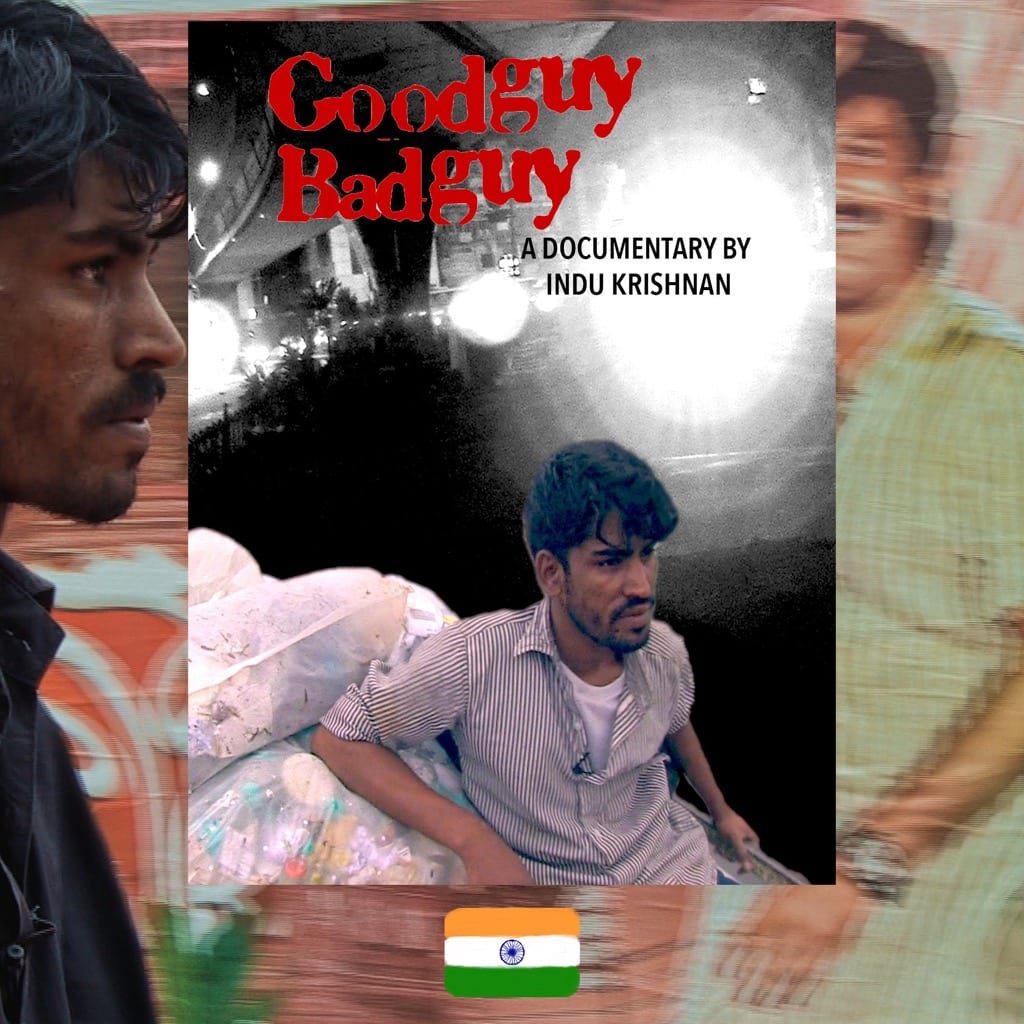
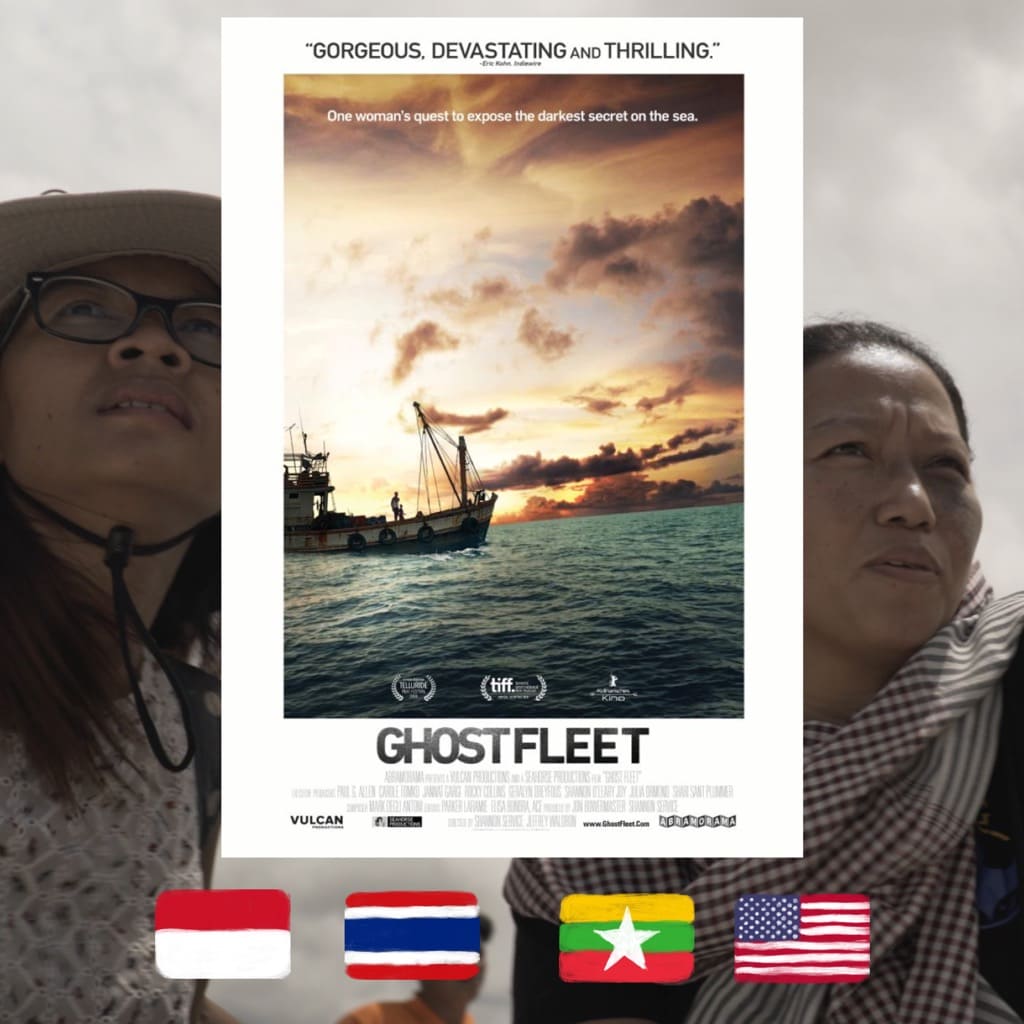

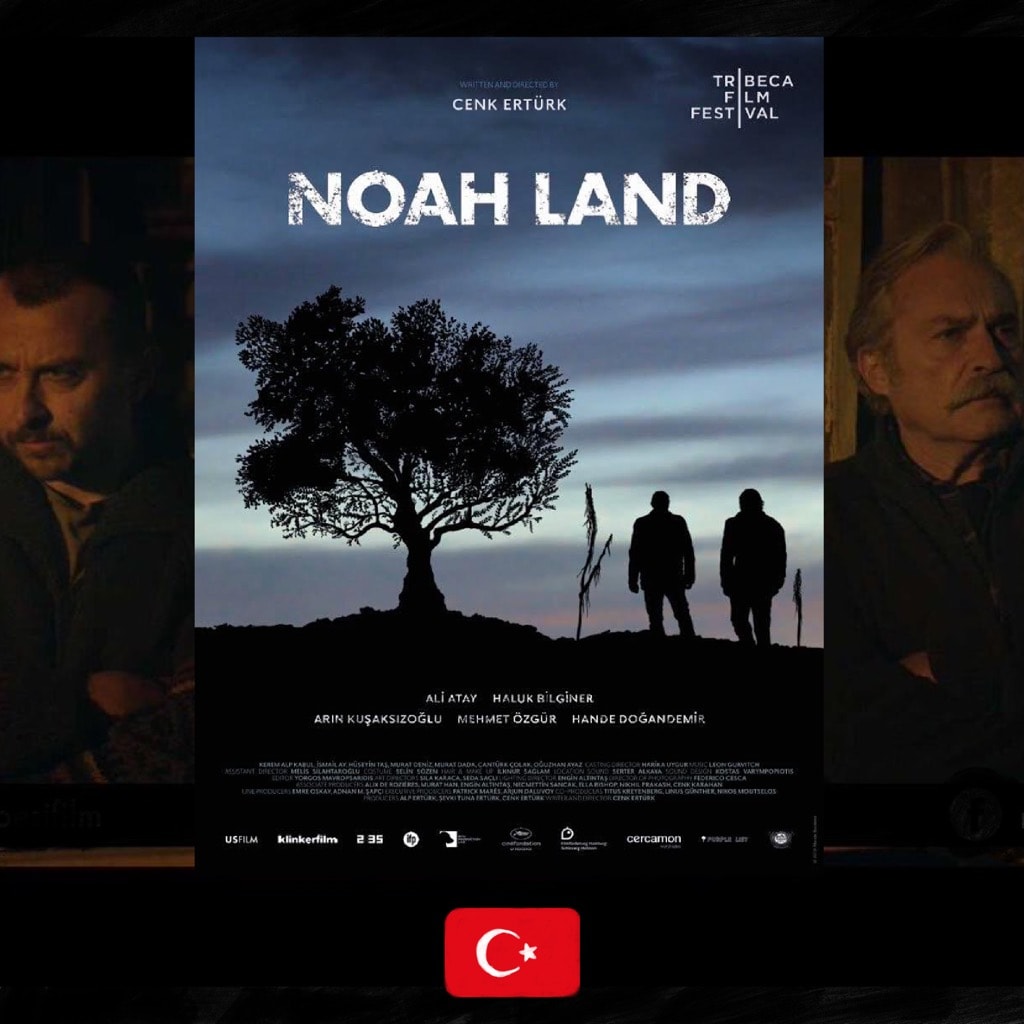
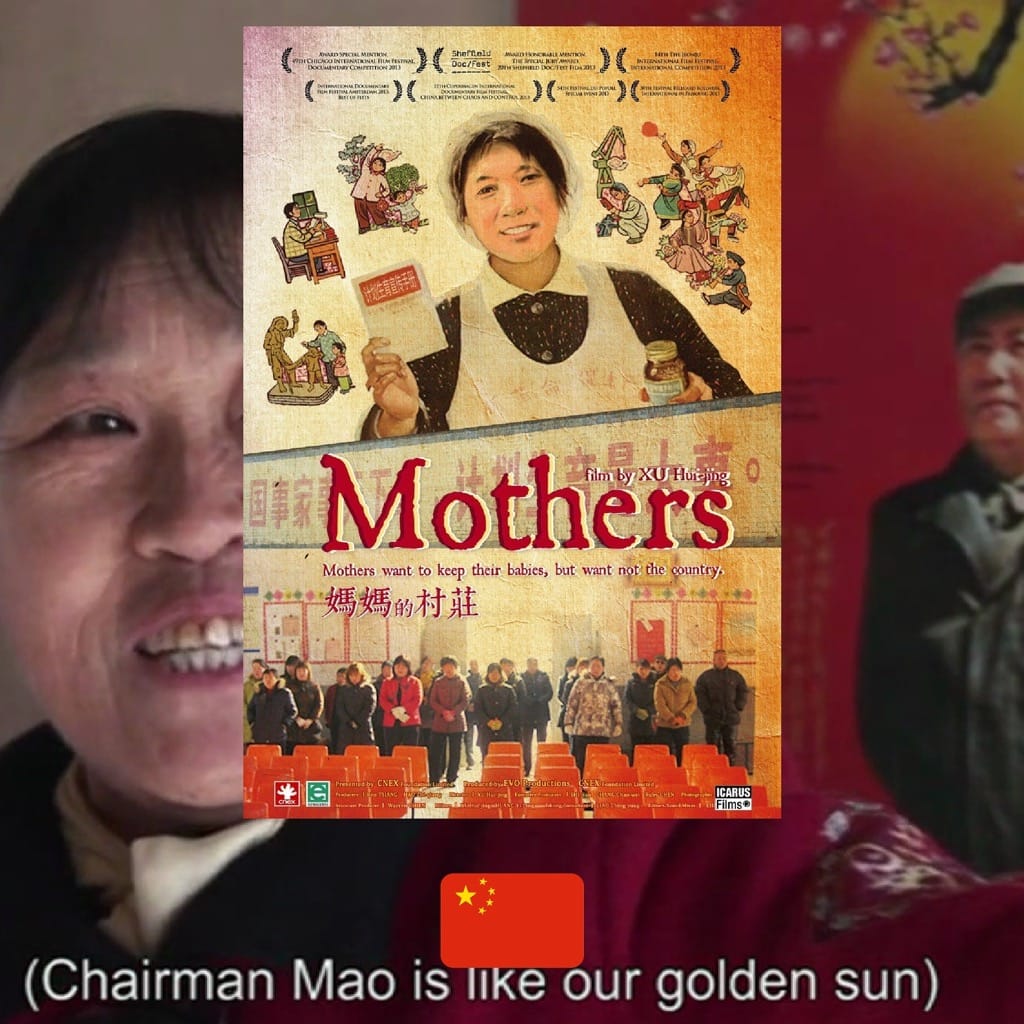


Comments
Post a Comment